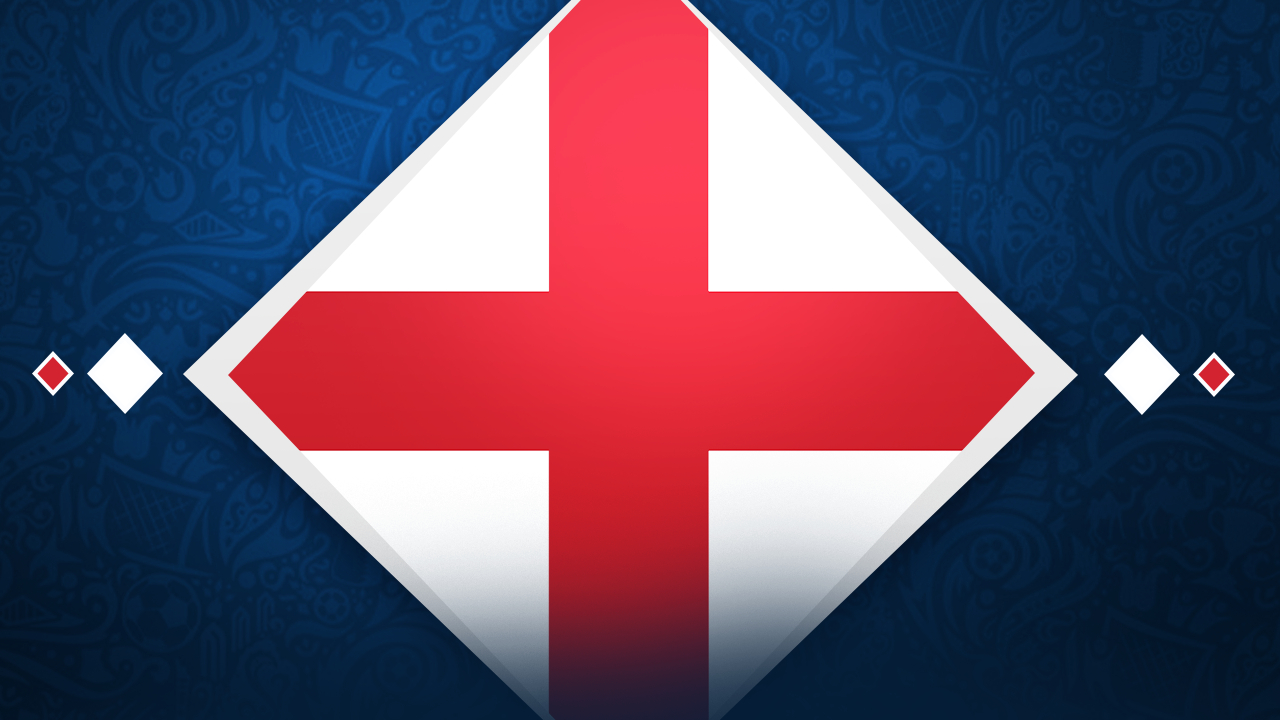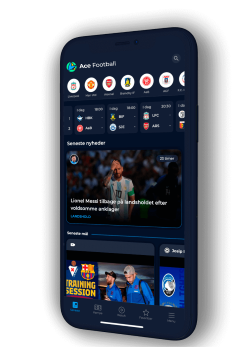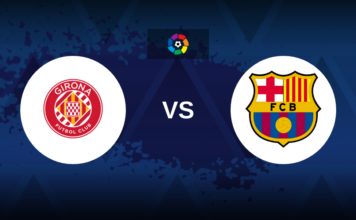You’ve heard the songs, seen the passion—every other tournament, England is rocked by the frenzy of “it’s coming home,” but it never does.
For the Three Lions, trophies have been as elusive as the dad who went out for milk and never returned since 1966. It’s always been agonizing misses and painful defeats, regardless of who’s at the helm or who they take to the competition.
Given England’s sheer amount of talent over the years, it’s not only a ridiculous feat that they haven’t managed a trophy in decades, but underdogs have even won competitions ahead of them. Just look back to 2004, when Greece pulled off a 2016 Leicester City-like miracle. But this isn’t about the underdogs; it’s about a recurring favorite that never seems to live up to its potential. That begs the question: why?
A History of Hope and Heartbreak
Since their 1966 World Cup triumph, England has endured a painful pattern of hope turning to fear, despair, sadness, and cold-hearted indignation. Worst of all, the cycle never ends. It’s rinse and repeat for every tournament, from the Euros to the World Cup. England fans only get two years of peace before the Three Lions take their emotions to the cleaners again without remorse.
The year 1966 must have felt like Christmas. England weren’t just a great team; they were world-beaters. But ever since that miracle, such success has been rarer than an ex-Stoke City striker playing for Real Madrid. Instead, it’s made way for a rather unfortunate theme: refereeing injustices, penalty shootout heartbreaks, hurtful misses, qualification problems, and simply being outplayed by better opponents.
The Curse of the Euros
England has never won the Euros. Yes, they’ve won the World Cup once, but they’re hardly firm favorites to win the continental competition. Supposed experts tip them to lift the elusive trophy every year, and they have come close on several occasions. However, the fact remains that the Three Lions’ history in the Euros has been criminally underwhelming. There have been third-place finishes and a runner-up spot as recently as 2021, but besides that, England has either failed to qualify, struggled to beat underdog opponents, or buckled under the pressure when going toe-to-toe with similarly ranked opponents. Why?
Victims of Their Own History
The best way to describe why England has failed to live up to its potential in the Euros isn’t far-fetched—they’re simply victims of their history. The British codified the beautiful game as we know it, dominating the sport and continually churning out superstars. They’ve also managed to put together one of the richest, most dominant leagues on the planet. It’s why even mid-table Premier League teams have no problems poaching some of the best managerial and playing talents from around the world.
However, while the English dominate the sport, they haven’t been forthcoming about reinventing it to keep it entertaining, fresh, and thrilling. The real innovators are from Central Europe and South America. The English Premier League, touted as the best and most competitive football league, has never been conquered by an English coach—not even once in its history.
In 1966, England got it right for a minute—they finally pieced two and two together and made sense of the bigger picture. But as Glenn Hoddle said, “We took a step back, admired ourselves, and stood still.” The only thing worse than failing is not realizing you’re not even trying to succeed. If lagging in tactical and technical evolution isn’t bad enough, England has simply been too easy to pick apart.
Managerial Decisions: A Comedy of Errors
One of the biggest reasons for England’s failures is the English FA’s managerial decisions. The managers’ competence in using players and the players themselves have been questionable. While Gareth Southgate has been the better of the bunch, he still hasn’t brought home a World Cup medal.
Here’s a look at some of the managers who have coached England in the last two decades: Sven-Göran Eriksson, Steve McClaren, Roy Hodgson, Fabio Capello, and Gareth Southgate. Of this lot, Sven-Göran Eriksson and Fabio Capello are the most decorated managers with European trophies under their belts, but neither lasted long on the job. For Eriksson, fans didn’t think he was convincing on the touchlines because he was calm rather than animated. Capello, on the other hand, didn’t feed the players’ massive egos.
When the English FA has relied on its crop of talent to lead the lines, it’s always been underwhelming. Roy Hodgson and Steve McClaren may have had managerial stints with top clubs, but their only experiences in any top competition were as runners-up. Not to mention Southgate is a failed club coach who managed to flunk out of three different clubs, with his best honor being a Manager of the Month award.
The Hype and the Fall
Never has there been a nation that hypes its talents more than England. A player needs only to show a morsel of talent to be slapped with a ridiculous price tag. The problem with hype is that it also comes with weighty expectations. This is not saying nothing should be expected of these players, but the English media’s criticism is relentless.
You only need to look back at the last five years to see how the media has turned on its darlings—from Bukayo Saka to Jadon Sancho to Marcus Rashford to Harry Maguire. Rashford had the best season of his career last year, yet this season, every move he makes is met with criticism.
This recurring theme of hype followed by denigration must have affected the golden generation of English players. The weight of expectations and the constant fear of media backlash likely took a toll on their performances.
Club Rivalries and Egos
The golden generation consisted of world-class stars who played for the best teams in the world and constantly competed in premier competitions like the Champions League. Despite their successes at club level, they never managed to replicate that at the international level.
One reason for this failure is the combination of club rivalries and huge egos. Every heavy hitter from that generation was torn between the four big clubs in the league. Off the field, some were good friends, but on the pitch, they were often more focused on club rivalries than national success.
This wasn’t helped by the fact that every time they failed to win a match in regular time, they struggled with the knowledge that England has a history of bottling penalties. This mental block likely contributed to their inability to perform under pressure.
The Way Forward
So, what’s the solution? The current crop of England players is young and bursting with talent in every area. The challenge is to break free from the old patterns and embrace innovation and drive. England must learn to take risks, dare to succeed, and not be held back by the fear of failure.
Will Southgate or his successor be able to lead England to glory? Only time will tell. The fans, the media, and the players must all work together to create an environment where the team can thrive and finally bring home the elusive trophy.







